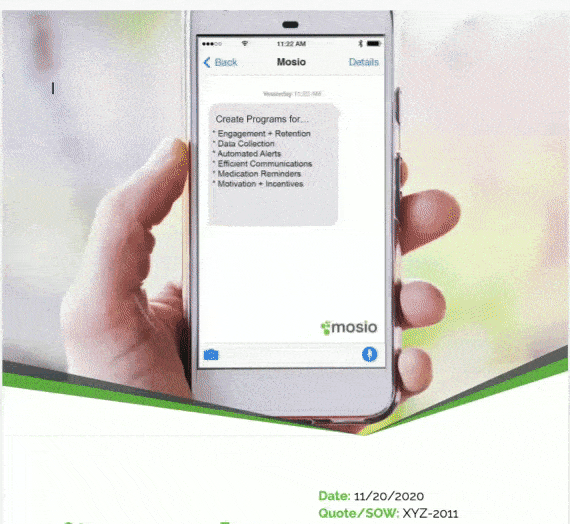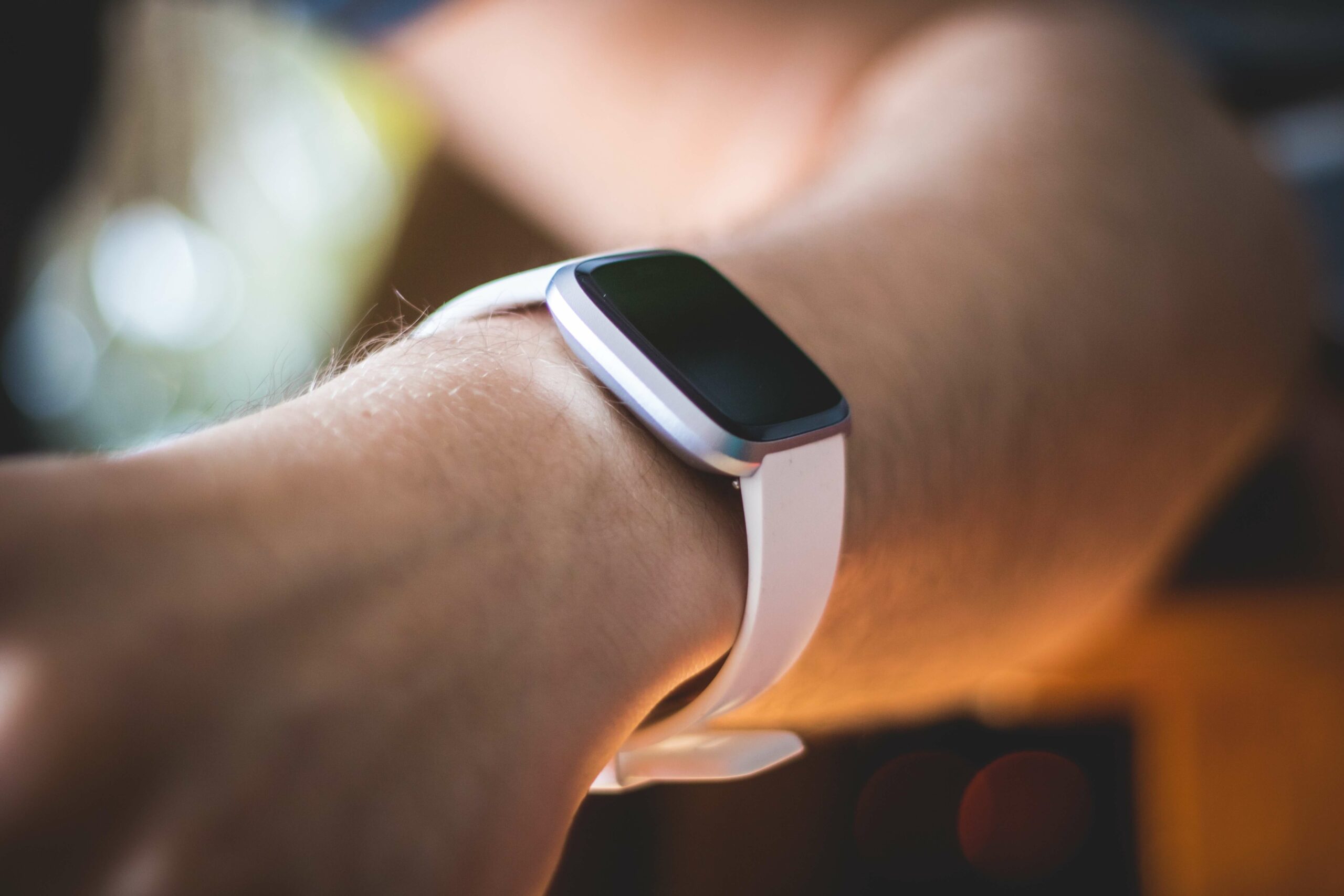Medication non-adherence for patients is a huge deal in both the healthcare and clinical research sectors. It is estimated that the total potential healthcare savings from medication adherence is $290 billion, or 13% of health spending. Half of patients do not take their medications as prescribed, especially those with chronic conditions, leading to wasted drugs and patients who need more care.
The World Health Organization (WHO) says that “Poor adherence is the primary reason for suboptimal clinical benefit. It causes medical and psychosocial complications of disease, reduces patients’ quality of life, and wastes health care resources.” This means that medication adherence is a problem for pharmaceutical companies, healthcare companies, researchers, and patients alike – especially in clinical trials.
The good news
The good news is that text messaging improves medication a
This study shows that the simple, standard forms of text message usage also implemented within clinical trials boost medication adherence. All parties involved in clinical trials will benefit from the use of text messaging within trials.
Texting cuts the cost of non-adherent patients
Patient medication adherence in clinical trials is essential to smooth-running, streamlined clinical trials. When patients fail to take their medication, the cost of clinical trials goes up significantly, especially when patients have to be discontinued from studies for non-adherence.
Text messaging in clinical trials can help this: the cost of a simple text messaging plan to send medication reminders greatly outweighs the cost of patient non-adherence. In the Journal of Clinical Nursing article mentioned above, medication adherence was improved up to 17.8% using text messaging in the trial, which is invaluable in a clinical trial.
Texting enhances research data integrity
Clinical trial outcomes are entirely dependent on medication adherence. Study findings can be misleading if patients do not take their medication(s) correctly, lessening data integrity. Furthermore, whether or not patients dose correctly can alter outcomes showing if a drug is more effective than a comparator not, wasting the large cost of conducting the trial.
Using a simple text message alert reminder system, patients can be reminded to take their medications as directed during the study, even while on vacations or during a busy week – two periods that frequently result in non-adherence. The greater the medication adherence across patients, the sturdier the dataset for the trial.
Texting improves patient quality of life
The WHO is correct when it says “patients need to be supported, not blamed” for medication adherence. Text messaging is a fantastic medium to support patients and encourage them toward better dosing habits. Since most patients text daily, it is the perfect, non-overbearing way to send medication reminders and allow the patient to feel in control of his or her dosing habits. Hopefully, after receiving reminders for the 21 days it takes to form a habit, patients will truly have better medication adherence principles instilled in their lives and their quality of life will go up as their conditions are controlled.
Texting is the obvious solution
When all parties are able to benefit from one simple technology, it is an obvious choice for a solution. Vendors exist with the specific technology to implement one- or two-way text messaging within clinical trials, allowing you to send medication reminders to your patients and answer questions about dosing. Plus, more vendors are forming all the time because text messaging is shown to be such a great solution within clinical trials.
To save money, enhance research data integrity, optimize clinical benefit, and improve patient quality of life, consider the simple solution of texting: it is prime time for text messaging in clinical trials.
photo credit: earl53 via morgueFile








